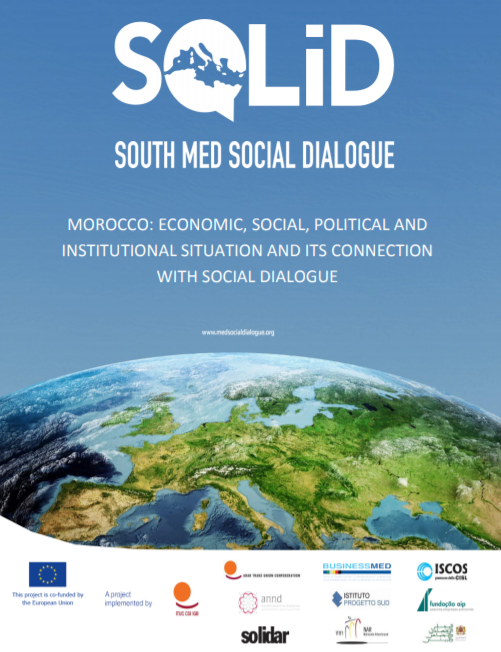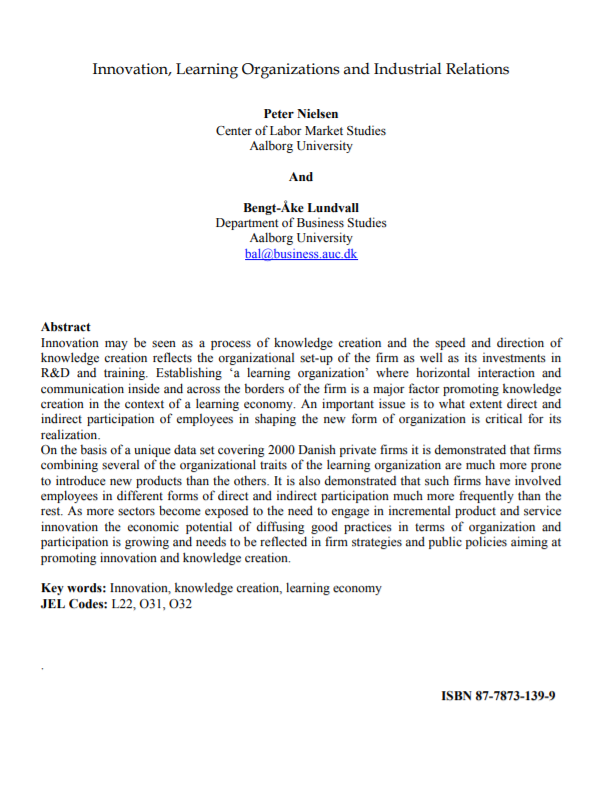What is Freedom of Association?
Freedom of Association (FoA) is the right of workers to join and form trade unions or organizations of their choosing. FoA is enshrined in the Universal Declaration of Human Rights. It includes the right to freedom of assembly, association, and trade union membership.
This means that:
- Workers can form and join trade unions of their own choosing.
- Unions have the freedom to function independently.
- Elections and the duties of union representatives are free of interference.
- Independently elected worker representatives should not fear intimidation, harassment, or reprisals. They are the measure of how freely workers can express and contribute to their industry or workplace through formal structures such as collective bargaining.
- Workers and employers can be formally represented in negotiations to arrive at solutions for improving working conditions.
- FoA also applies to workers in the informal sector (those not working under employment contracts).
It is important to note that FoA also applies to an employer’s right to join organizations of their choosing!








